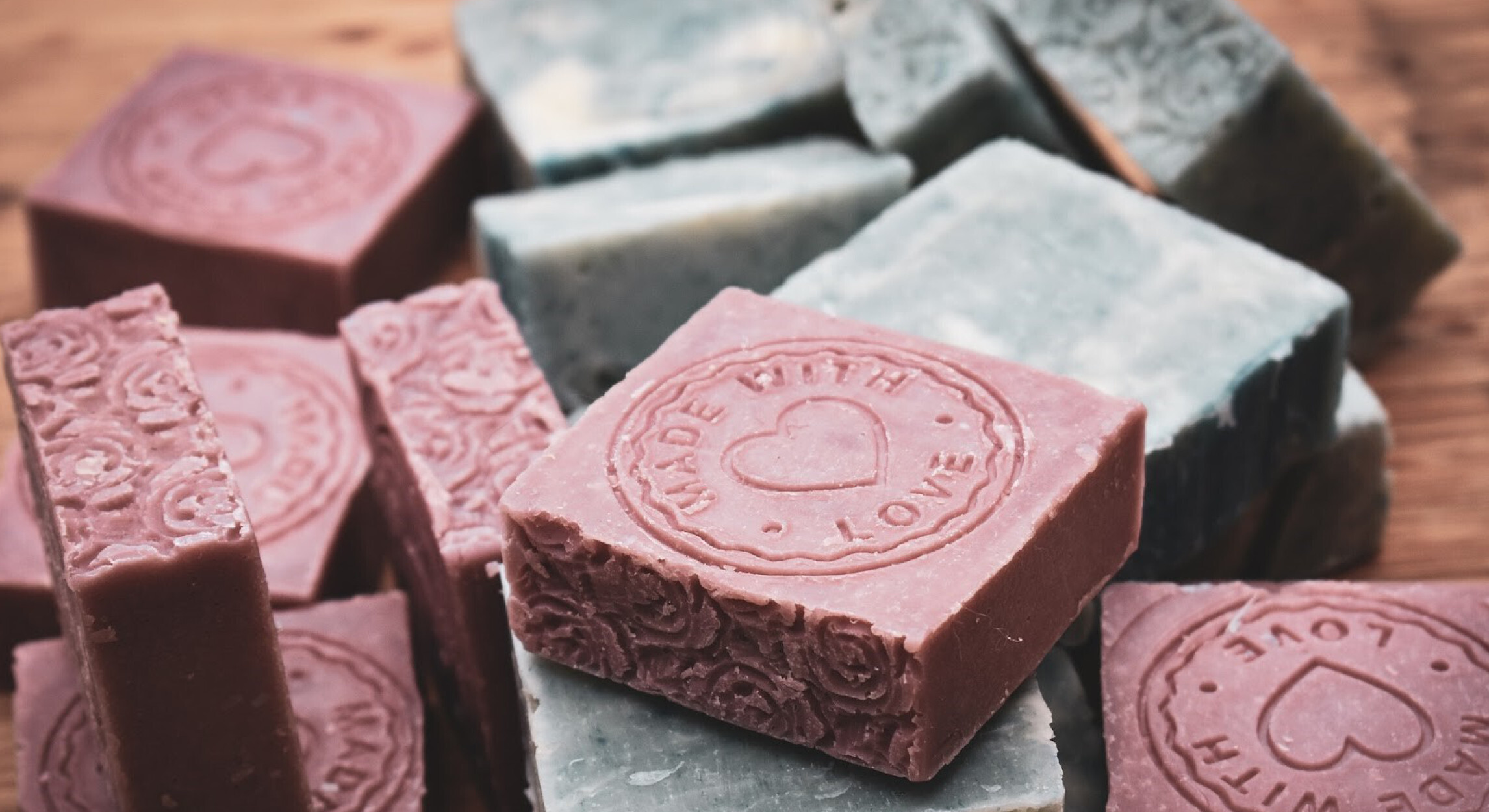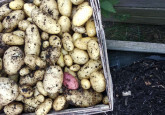Soaping is one of those daily gestures that we pay little attention to. However, some washing solutions applied directly to the skin may contain several irritating ingredients, and in the worst case may even be harmful to health. A good soap should remain natural and preserve the benefits of the plant oils and butters that make it up. Therefore, we advise you to choose solid soaps made from a cold saponification process. There are several criteria to know which soap to choose according to your skin type.
Why choose a solid soap?
The cleaning function of a soap results from the presence, in its composition, of washing agents called surfactants. Real soap alone is a variety of surfactant, obtained from a chemical process called saponification. The best quality products are produced by a process known as cold saponification. This traditional method protects both the skin and the planet: it preserves the properties of the plant oils and butters used and produces solid soaps rich in antioxidants, fatty acids and vitamins. In addition, this technique consumes little energy, produces very little waste and the soap bars thus produced are more effective than liquid gels. On average, 0.35 grams of solid soap are used for hand washing, compared to 2.3 grams for liquid soap. These products are most often available as square or rectangular bars of solid soap and are often sold in bulk or by weight.
When selecting a solid soap, it is important to be vigilant and to check the presence of logos attesting to its origin, as some products include synthetic surfactants in their composition that may be harmful. Certain perfumes, additives or colourings, for example, are the subject of controversy and can irritate the skin or trigger allergic reactions. Ingredients to be avoided include animal fats, palm oils and additives such as EDTA, PEG or BHT. In addition, overpackaged shower gels and soaps also cause significant environmental pollution.
Which natural solid soap for which skin type?
A quality solid soap must preserve the benefits of the vegetable oils that make it up and above all correspond to the nature of the skin it is intended to clean. Indeed, the main function of a soap is not limited to smelling good, this product serves above all to protect the skin. As there are different vegetable oils with different properties, it is advisable to choose one according to your skin type.
- For dry skin
Dry skin needs to be moisturised above all. You should therefore choose a solid, natural soap containing lipids, i.e. fats that are easily assimilated by the body. In this case, a soap known as "surgras" is the most appropriate: these products still contain all the glycerine used in their manufacture, a particularly moisturising substance that protects the skin. People with dry skin are generally advised to choose solid, natural soaps with lavender and shea butter, a product that softens and nourishes the skin. The latter is also regularly used as a face and body care product for sensitive skin. Aleppo soap is also a good alternative for dry skin because of its high concentration of olive oil.
- For oily or acne-prone skin
Oily skin and skin with a tendency to acne appear from adolescence onwards and are the result of excessive sebum production in the sebaceous glands under the skin. To counter this phenomenon, one tip is to use cleansing or care products containing plant oils with a composition similar to that of sebum. Applying them directly to the skin naturally regulates the body's production of sebum. Contrary to popular belief, it is important not to use products that are too scouring, otherwise the process will be further disrupted. In this case, natural solid soaps based on clay and tea tree are ideal. They purify the skin and moisturise it, thanks to the fat content of the clay. Similarly, a soap with a nut oil base can soothe and nourish oily skin.
- For sensitive skin
The particularity of sensitive skin is its extreme reactivity: in the event of an external aggression such as a change in temperature or exposure to UV rays, it reacts immediately. These reactions can take various forms: tightness, eczema, redness, tingling... This type of skin therefore needs good daily moisturising to be well protected. Solid, natural soaps based on olive oil, walnut oil or calendula flower are among the most suitable, as are products with aloe vera, which help to regenerate the skin.
- For mature skin
Skin ageing is a natural process in which the body's cells renew themselves less and less quickly. Certain plant oils can be used to care for mature skin and stimulate its regeneration. Among the most popular products are natural solid soaps made from borage oil and argan oil. It's also best to choose a superfatted soap with a high concentration of glycerine.
Give your skin the care it deserves with our natural solid soap l'Authentique Ghassoul, made from a cold saponification process, with quality plant active ingredients and a unique saponifying clay, Ghassoul, which gently cleanses the skin without harming it.










